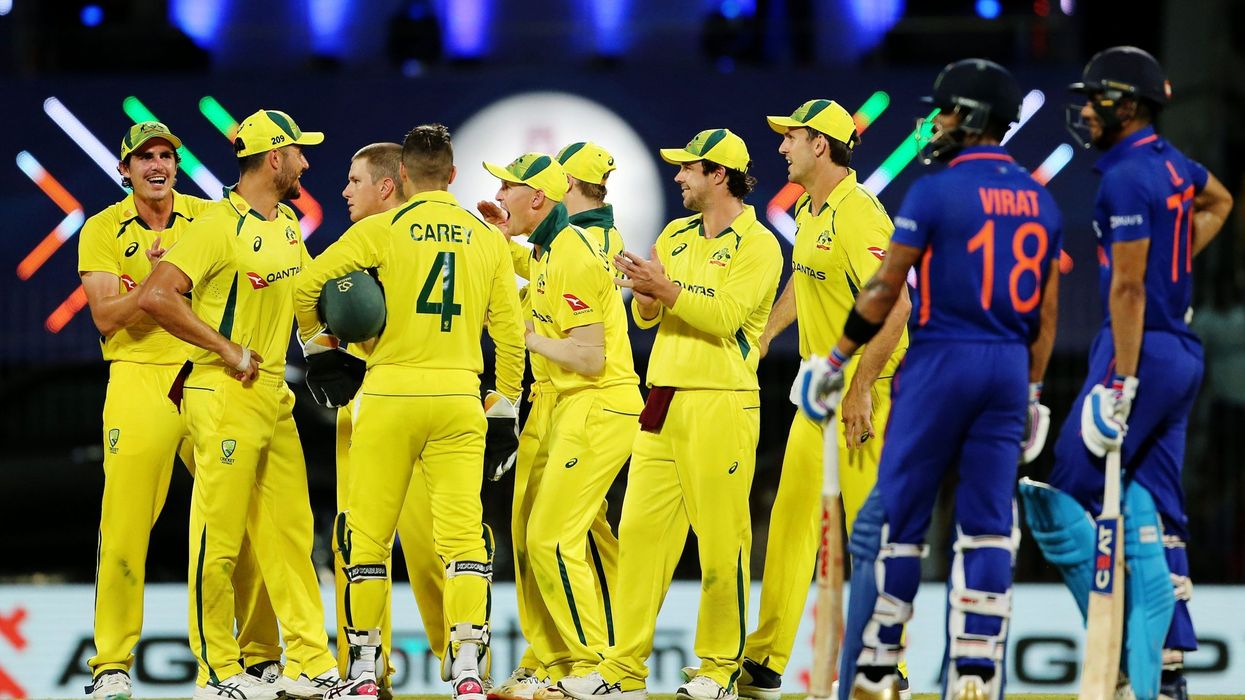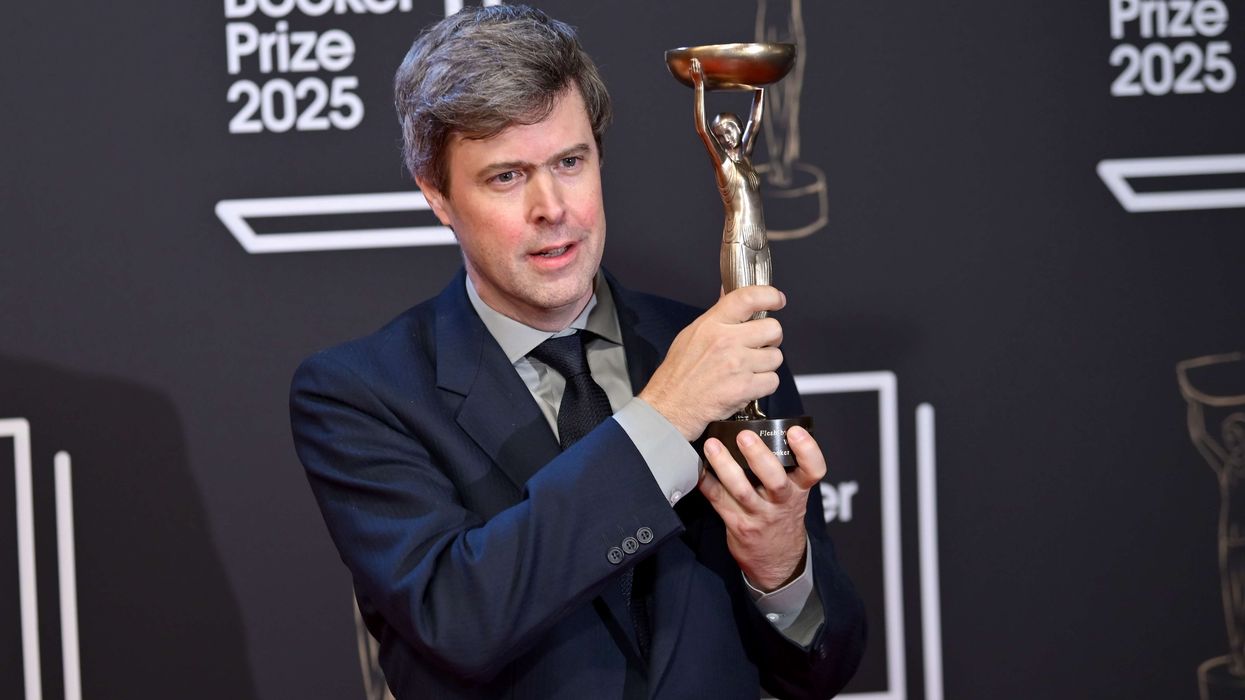Australian spinners Adam Zampa and Ashton Agar turned the match to hand India their first one-day international series defeat at home since 2019 in a thrilling third and final match in Chennai on Wednesday.
Left-arm spinner Agar removed in-form Virat Kohli (54) and the world's top-rated Twenty20 batter Suryakumar Yadav for his third consecutive golden duck in the first two balls of the 36th over to leave the hosts reeling at 185-6 with a target of 270 to win.
The visitors won the match by 21 runs after bowling out the hosts for 248 in the last over after Australia's stand-in-captain Steve Smith won the toss and chose to bat first in the series-decider.
The series was important practice on South Asian pitches for Australia before the ODI World Cup in India later this year.
India bowled out Australia for 269 and were cruising in the first 10 overs of their chase before skipper Rohit Sharma fell after a 17-ball 30 with the team at 65-1.
Sharma's in-form opening partner Shubman Gill too fell soon afterwards after a steady 49-ball 37 to leg-spinner Zampa.
India's star batters Kohli and KL Rahul struck a busy 69-run partnership before Rahul also fell to Zampa for 32.
The hosts' otherwise reliable lower-middle order offered little resistance after all-rounders Hardik Pandya (40) and Ravindra Jadeja (18) also fell to Zampa, who finished with 4-45 in his 10-over spell.
Zampa's spin-partner Agar finished with 2-41 while pacers Sean Abbott and Marcus Stoinis took one wicket each.
Three wickets apiece from Hardik Pandya and Kuldeep Yadav left India in need of 270 to win the series, which stood at 1-1 going into the final game.
Earlier, Pandya (3-44) and India's left-arm spinner Kuldeep (3-56) played an important role in restricting Australia to a chaseable 269 in the 49th over.
By the eighth over, in-form openers Travis Head and Mitchell Marsh had hit 10 boundaries between them, including three sixes, and looked set for a commanding partnership before Pandya took three quick wickets of Head (33), Smith (0) and Marsh (47).
Yadav had the better of the middle order beginning with David Warner, who made 23 batting at number four on his return from the elbow fracture that forced him out of the second Test in February.
Marnus Labuschagne (28) was next but Alex Carey stubbornly held on for another 10 overs before his departure on 38.
Left-arm spinner Axar Patel and frontline pacer Mohammed Siraj each took two wickets apiece as Sean Abbott (26), Agar (17) and Mitchell Starc (10) added important runs to a below-par score.
(AFP)













